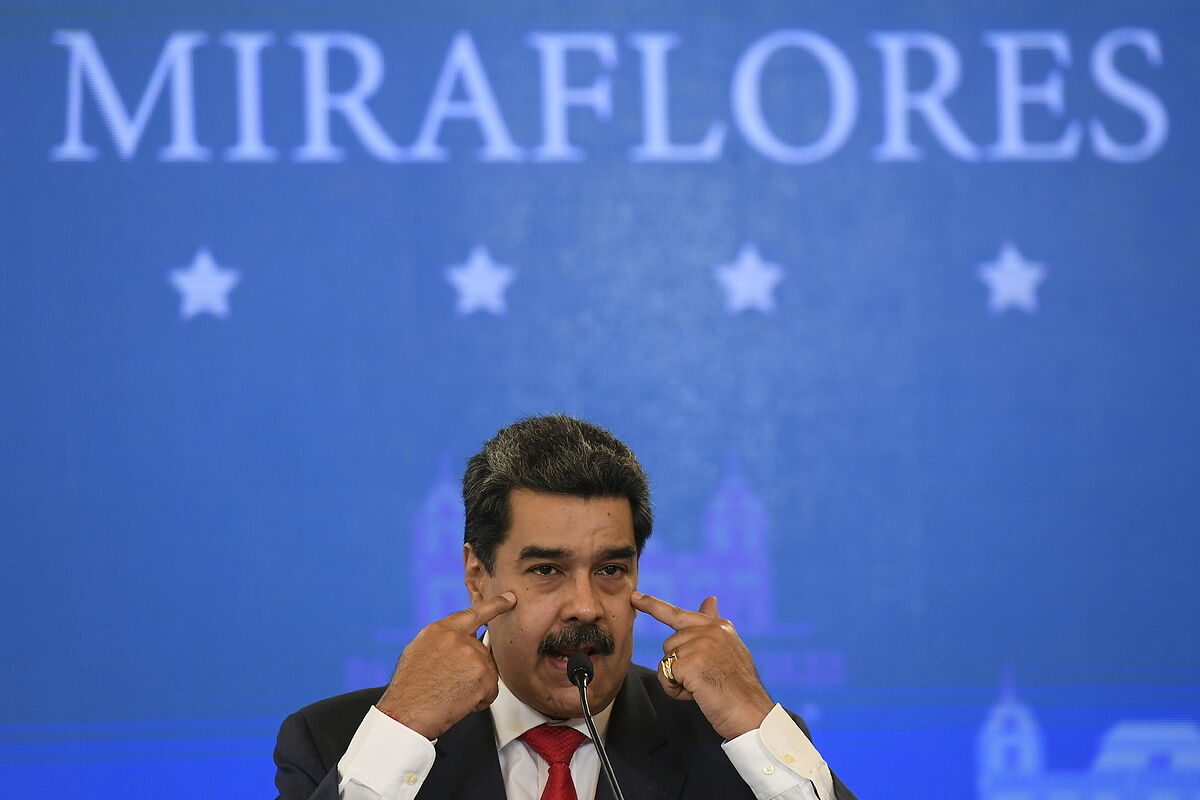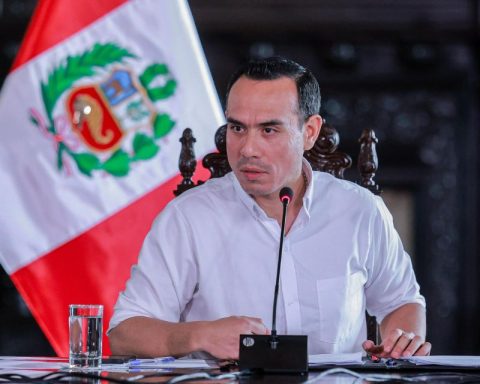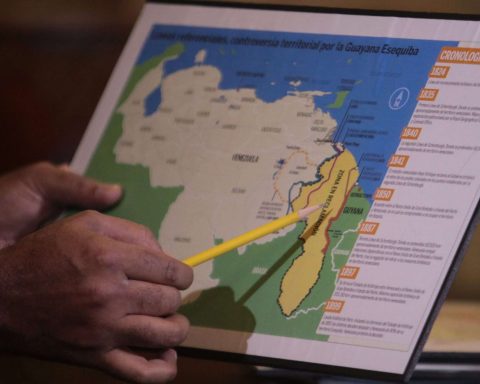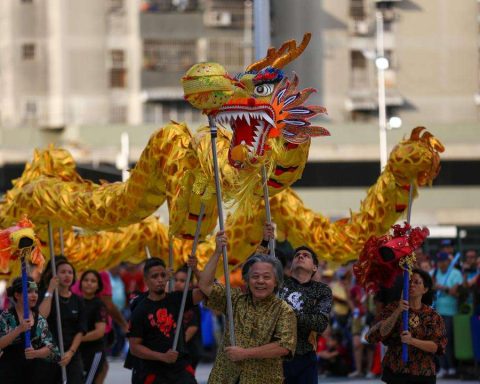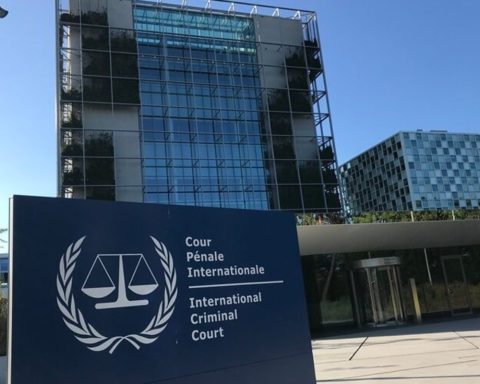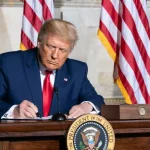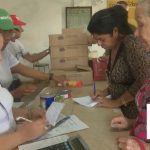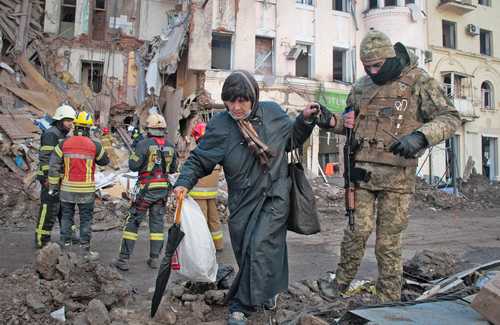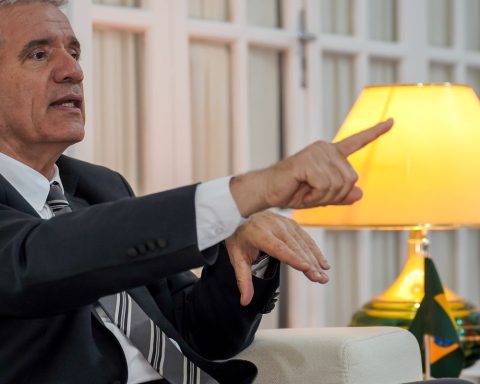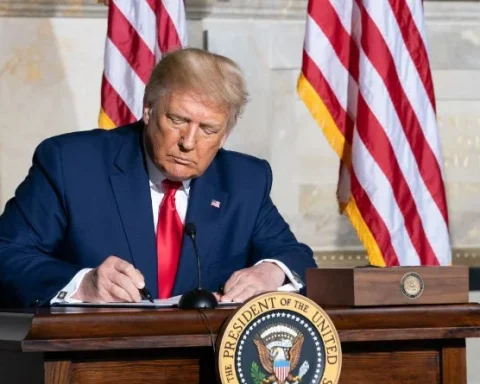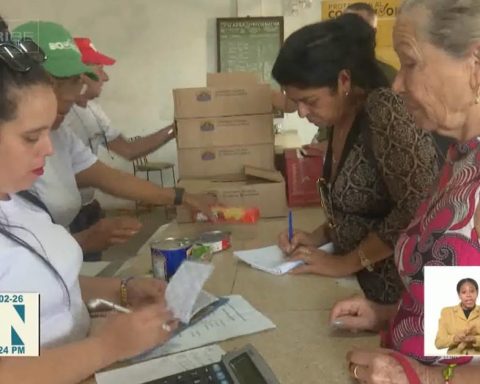They point out that this way of operating is a “State policy” and that “out of every four times” that stigmatization is carried out, “in three cases political persecution occurs”
more tests for Karim Khan, prosecutor of the International Criminal Court (ICC). Amnesty International (AI), the Penal Forum and the Center for Defenders and Justice (CDJ) have confirmed the pattern followed by Chavismo to commit crimes against humanity, such as arbitrary arrests. “There are moments of extremely high correlation between public stigmatization and arbitrary arrests for political reasons. This coordination is a new indicator of the systematic policy of repression and points to the crime against humanity of persecutionwhich must be investigated by international justice,” said Erika Guevara-Rosas, director for the Americas at AI.
“Out of every four times of a stigmatization, in three cases there is political persecutionadded Gonzalo Himiob, vice president of Foro Penal, the organization that defends Venezuelan political prisoners.
The ICC has granted a period of three months to the Bolivarian revolution to respond if it has investigated crimes against humanity, which according to United Nations reports link Nicholas Maduro and the Chavista generalate in extra-summary executions, torture, sexual violations, arbitrary detentions and forced disappearances. “We call on the Prosecutor of the ICC (International Criminal Court) to include in its investigation specific cases of persecution due to stigmatization,” Guevara-Rosas claimed.
The investigation of the three organizations, presented today in Caracas, was carried out for a year. In it “we document how stigmatization campaigns have been the basis of repressive politics and criminalization in Venezuela. From the highest levels of the State, a system has been structured to discredit, accuse, threaten and point fingers through public statements, the media and social networks. It is applied under the logic of the internal enemy and leads to violent actions and persecution by the State,” summarizes Marianna Romero, general director of CDJ.
Human rights defenders, democratic deputies, opposition leaders, independent journalists, civil activists and anyone who dares to denounce or criticize the revolutionary actions know that being summoned by the Chavista leaders has serious consequences. One of the most striking examples is of God given hair and his tv show With the mallet giving. “43% of the stigmatizing events were carried out through this program,” confirmed Valentina Vallesta, an AI researcher.
At a general level, in 2019 the correlation between both variables, estimates and forced arrests, was 29%, but in just two years it rose to 77%.
The examples are multiple. Javier Tarazona, director of FundaRedes, has been detained in the sinister Helicoide prison since July 2021 for daring to denounce the collusion of Chavismo with Colombian guerrillas, including the executions carried out on the border against civilians. Tarazona was previously and repeatedly targeted by television stigmatization.
In recent days, details of the illegal detention of the journalist Louis Carlos Diaz during the blackouts of 2019. A few hours after being singled out on one of the Bolivarian television channels as the executor of those national blackouts, something as crazy as it was impossible, he was arrested by brute force in the middle of the street: a vehicle rammed him while he was riding a bicycle . He was forcibly transferred to a clandestine headquarters and physically and psychologically tortured to make him record a video blaming an international power for the blackouts. Later moved to his house, the agents stole the money and the computers.
“It is a state policya policy of terror to sabotage NGOs,” concluded Romero.
According to the criteria of
